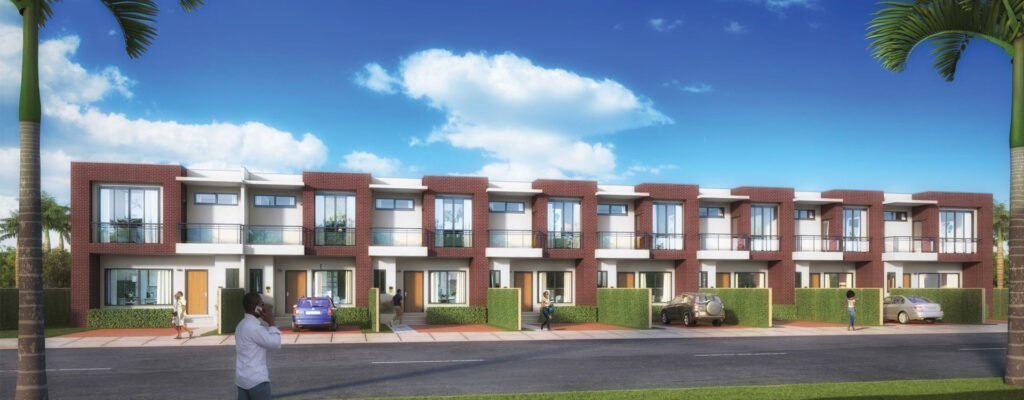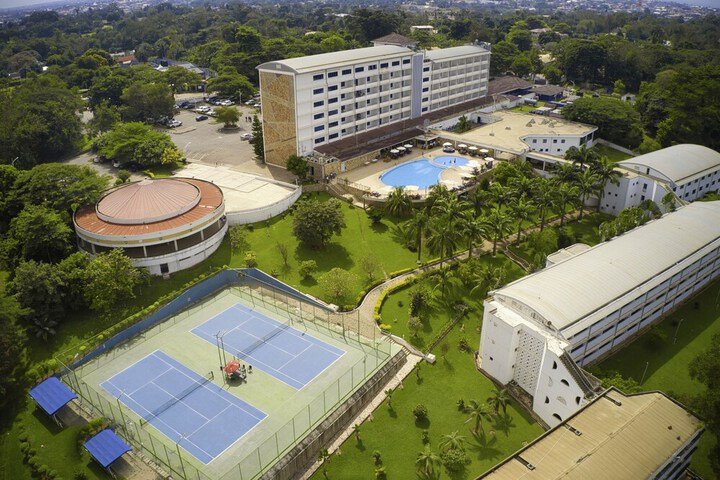Rent House in Kumasi – Your Complete Guide

Looking to rent a house in Kumasi, Ghana’s vibrant second-largest city? Whether you’re relocating, starting fresh, or just exploring life in the Ashanti Region, finding the right rental in Kumasi doesn’t have to be overwhelming. Let’s break it all down in a friendly, practical guide that gives you everything you need to know—from popular areas and price ranges to tips, legal advice, and where to start your search.

Kumasi, also called “The Garden City,” is not just rich in culture but rapidly expanding in infrastructure and real estate. The city has seen a boom in rental properties over the last decade, offering a wide range of options for all income levels.
Compared to Accra, Kumasi offers cheaper housing, food, and utilities. Many professionals, students, and families find it more budget-friendly while still enjoying the perks of urban life.
A top-tier residential area, Ahodwo is known for its quiet environment, well-paved roads, and proximity to schools and supermarkets. Expect to find furnished apartments and luxury homes.
Perfect for business travelers and professionals, Asokwa sits close to major roads, malls, and banks. Rent prices are a bit high but worth the convenience.
Busy and central, Bantama is ideal for people who love a vibrant, urban atmosphere. You’ll find a mix of affordable rooms and mid-range apartments here.
Kwadaso offers a quieter lifestyle and is perfect for families or retirees. Homes here are more spacious, and rent is more affordable than in central areas.

Great for students or individuals on a tight budget. These are usually self-contained and located in both inner-city and suburban areas.
This setup offers a bedroom and a living area—ideal for young couples or singles looking for a little extra space.
Perfect for small families or professionals who want more space and privacy. Often come with a kitchen and bathroom.
If you’re only staying short-term or prefer moving in without hassle, these are your go-to. They typically include all basic furniture and kitchen appliances.
Single rooms can go as low as GHS 200-400 per month in suburbs like Suame or Tafo.
Two-bedroom apartments in places like Ahodwo or Ayigya range between GHS 700–1,500 monthly.
Expect to pay GHS 2,500 or more for fully furnished homes in areas like Ridge or Danyame.
Websites like Dreammov, Meqasa, Tonaton, and Jiji Ghana list hundreds of rental properties in Kumasi. You can filter by location, price, and house type.
Agents usually know of listings not online. While they charge a fee (usually 5-10% of a year’s rent), they help with negotiations and paperwork.
In Ghana, informal networks matter. Ask around or check bulletin boards in churches, schools, or local stores.
Landlords often expect 1–2 years’ advance payment. Try negotiating for a shorter term or lower rent if possible.
Don’t just skim it—read your rental agreement carefully. Make sure you’re clear on rules around pets, visitors, and payment terms.
Check for water flow, power supply, toilet condition, and security. Take photos as evidence before signing anything.
You have the right to a habitable property and reasonable privacy. Your landlord can’t kick you out without notice.
Be familiar with “advance rent,” “security deposit,” and “utility responsibility.” These are standard in most contracts.
Besides rent, expect to pay for utilities like water, electricity, garbage collection, and sometimes security or maintenance fees.
Renting offers flexibility, especially for expats or people in transition. Buying is better if you plan to stay long-term and want to build equity.
Areas like Ayeduase and KNUST campus offer budget-friendly single rooms and hostels, ideal for students. Young professionals might prefer two-bedroom units closer to central Kumasi.
Rent is mostly paid via mobile money or bank transfers. Always get a receipt or written acknowledgment from your landlord.

Being proactive helps you avoid these issues.
Short-term rentals are great for visitors or contract workers. Long-term options are cheaper monthly but require bigger upfront costs.
It’s entirely legal. Just bring proper ID (passport) and possibly a guarantor. Some landlords prefer renting to foreigners and may charge higher rent—negotiate!
Renting in Kumasi can be smooth and rewarding if you do your homework. From understanding your rights to choosing the right neighborhood and knowing what rent prices look like, you’re already ahead. The key is to stay informed, ask questions, and take your time.
1. What is the cheapest rent in Kumasi?
You can find single rooms for as low as GHS 200 in the outer parts of the city like Tafo or Abuakwa.
2. Can I rent a house in Kumasi online?
Yes! Use platforms like Meqasa, Tonaton, or Jiji Ghana to browse and contact landlords directly.
3. Do landlords accept monthly rent payments in Kumasi?
Some do, but most require 6 months to 2 years upfront. It varies by landlord.
4. Are there furnished apartments for rent in Kumasi?
Absolutely. Areas like Ahodwo and Asokwa have many furnished rentals, although they’re more expensive.
5. How do I avoid rental scams in Kumasi?
Always meet the landlord in person, inspect the house, and avoid sending money before signing an agreement.